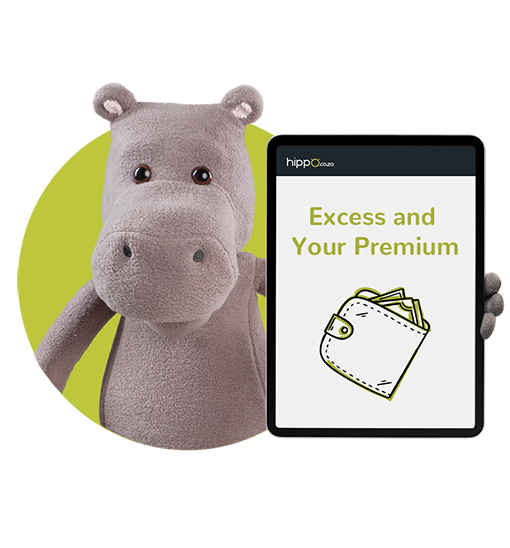How Excess Affects Your Car Insurance Premium
Excess refers to a fixed amount that you have to pay if you make a car insurance claim. If, for example, your basic excess is R3 000 and the damages to your vehicle amount to R40 000, you will have to pay the first R3 000 and your insurance provider will pay the balance of the claim, i.e., the R37 000.














